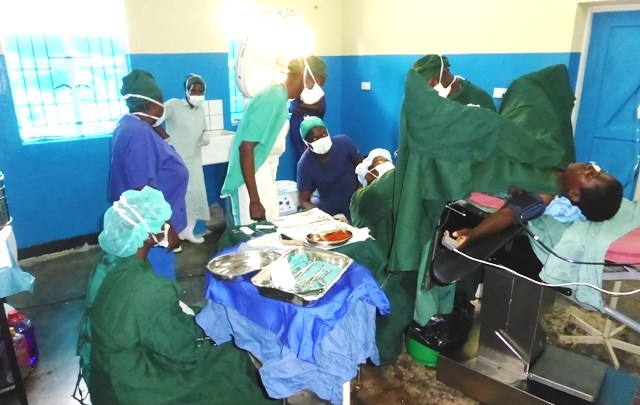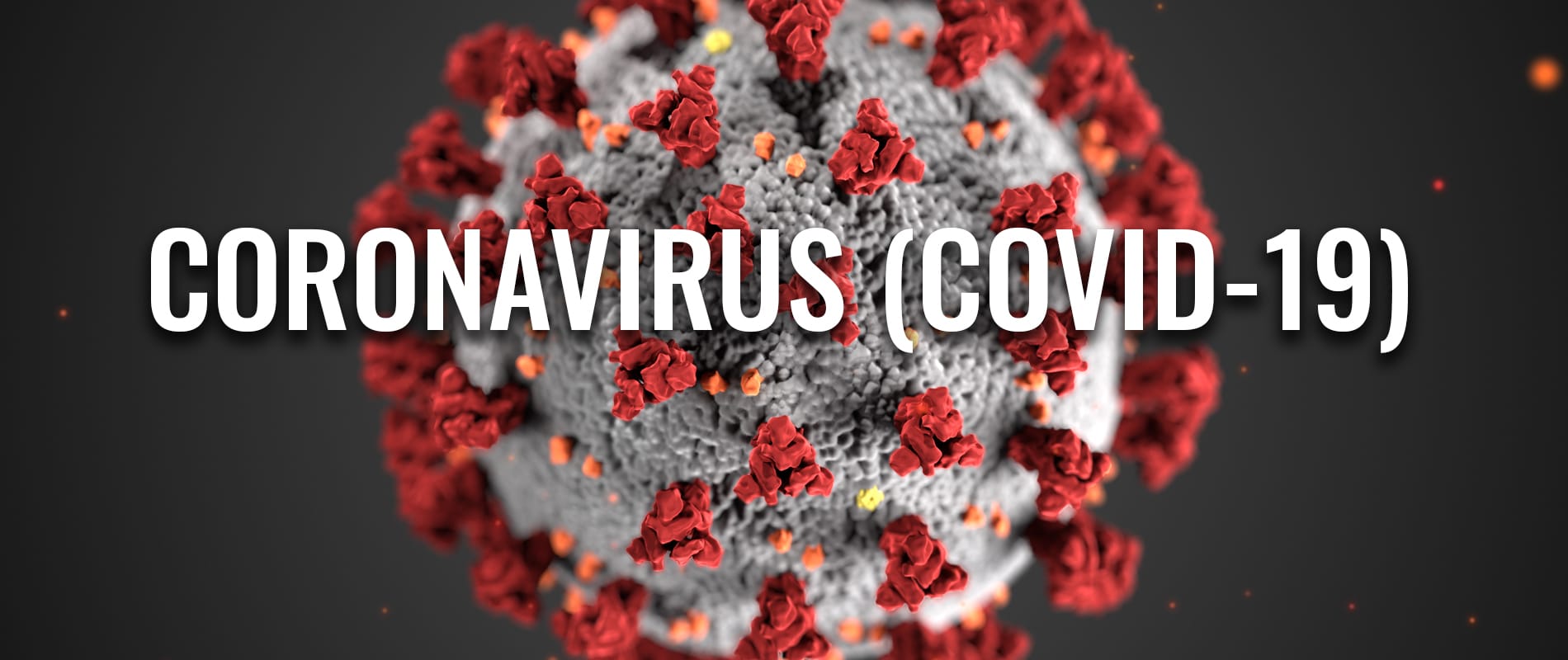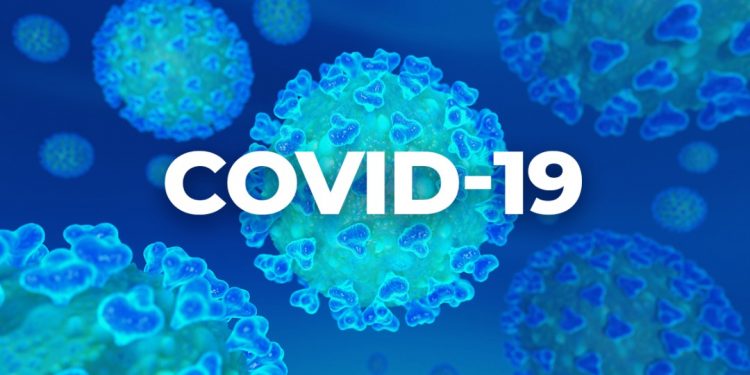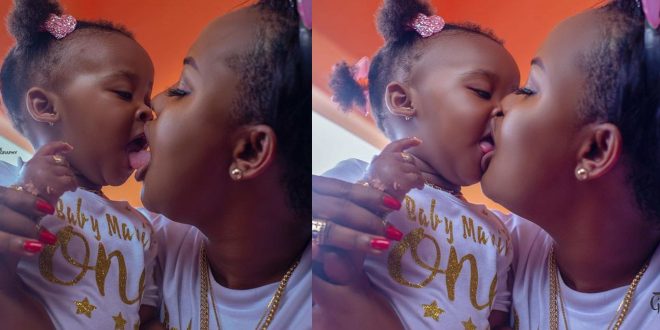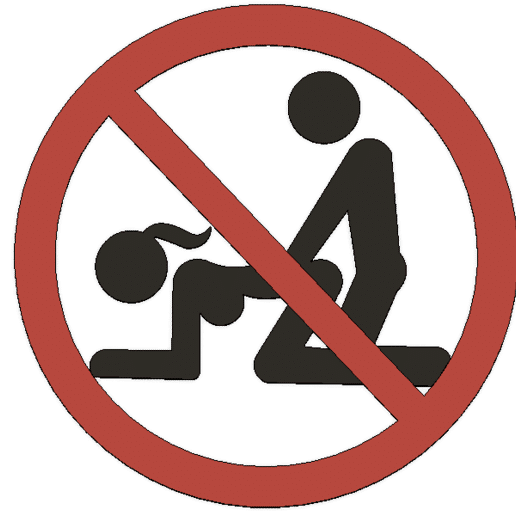The coastal African country of Ghana has emerged as a force in combating the spread of HIV/AIDS across the continent. Ghana leads the fight against HIV/AIDS by raising awareness and seeking to disrupt cultural forces that have historically kept infection rates high.
UNAIDS appointed Ghana as the chair for its Programme Coordinating Board (PCB) for the year, with Minister of Health, Kwaku Agyeman-Manu chairing both PCB meetings and Ghanaian President Nana Addot Dankwa Akufo-Addo addressing the June meeting. Ghanaian First Lady, Rebecca Akufo-Addo has also been named as a Premier Ambassador for HIV Advocacy by the group.
“We will certainly work hard to justify the confidence reposed in us. We are committed to working closely with UNAIDS to achieve our collective goal of making our world AIDS-free by 2030,” Agyeman-Manu said on the UNAIDS official website.
Ghana is home to approximately 270,000 people currently living with HIV and has made great strides over recent years in addressing the epidemic. It reduced the number of HIV infections by 57 percent since 2000 and nearly doubled the amount of HIV testing women have received since 2008. The previous lack of screening for the disease is an assumed factor in higher infection rates, especially among adolescents.
UNAIDS deputy executive director Jan Beagle recently visited the country in anticipation of the announcement to meet with the government and citizens of Ghana. “As Chair, Ghana brings experience and energy to the Programme Coordinating Board. We are looking forward to Ghana’s leadership to drive forward the implementation of the UNAIDS 2016-2021 Strategy and to help us make the end of AIDS a reality,” Beagle stated.
During her visit, Beagle attended a town hall-style meeting with Ghanaian women personally affected by HIV/AIDS. The rate of infections among women is particularly high in the country, almost double the rate of men, and infected women are stigmatized. Infected widows face even harsher conditions as they are often stripped of their belongings or homes due to local customs and laws.
UNAIDS is also working with women’s rights organization the Mama Zimbi Foundation (MZF) its Widows Alliance Network (WANE) network. This organizational collaboration is key to how Ghana leads the fight against HIV/AIDS.
“We need to empower women, and make sure men are also fully part of the discussion– we need to work together for a better future,” MZF founder Akumaa Mama Zimbi appealed during the meeting. The MZF’s latest project seeks to create a permanent, stable facility to provide job training and health education for daughters of displaced widows.
Ghana leads the fight against HIV/AIDS by recognizing that the disease is not just a virus, but a complex health issue overlapping socioeconomic and cultural issues. The country’s efforts may be the best chance the world has at eliminating the disease by 2030.
Source:borgenproject.org



